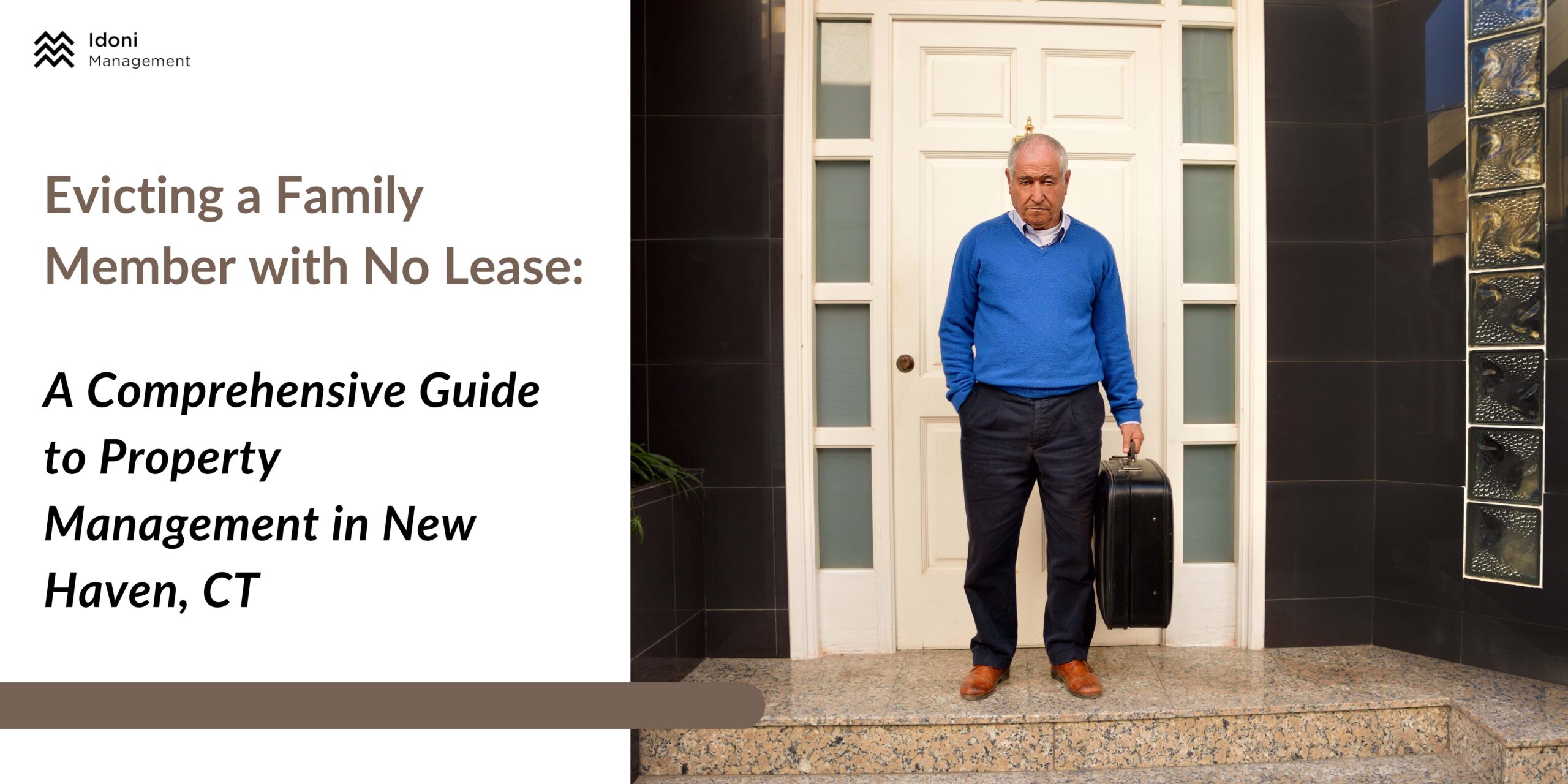It can be a difficult and emotional process to take away a family member from your property. Whether it is due to financial troubles, lifestyle changes, or a simple trade-in non-public instances. Before evicting a member of the family, you need to think about it carefully.
The process becomes considerably more challenging when there is no lease agreement in place. The process can be confusing because there are no clear legal norms to follow in the absence of a lease.
In this blog, we will look at the legal rights and methods for persons who find themselves in such a situation.
How Do You Know If You Should Evict a Family Member?
It might be difficult to decide when it is appropriate to remove a family member from your property. You can also agree that the instant is right, but you are scared to act on it. If you are considering evicting a family member from your home, there are a few things you should consider.
Let’s cross over some of those so that you understand when to evict.
If you’re considering evicting a family member, check for indicators in your life such as:
- Lack of rent: If they are not paying to live with you, eviction is an option.
- A shifting living situation: There are times when things in your life can change. You could have a baby or need more space to rent out.
- A necessity to sell: You could have to evict your family member to give up ownership of the house if you have to sell.
- Health reasons: You may be unable to accommodate another person due to health issues.
- Safety concerns: Having family members inside your home might be risky at times, especially if you have children.
All of these are good reasons to request that a family member leave your property.
Ultimately, the choice is all yours to make. Either the family member is to blame, or you are simply moving on and can’t have them stay in your home any longer. You are completely allowed to kick someone out of your home, for whatever reason.
How to Evict a Family Member With No Lease
1. Understand Your Legal Rights
First and fundamental, it’s important to realize your legal rights as a landlord in terms of evicting a member of the family without a lease.
According to landlord-tenant rules, the eviction manner is commonly begun by the owner, who ought to deliver the tenant formal notice that they have to leave the property.
However, whilst there’s no formal rent in the location and the tenant is a family member, matters get more complicated. It is critical to be aware that the process of evicting family members varies depending on the country’s laws and local authorities.
2. Create a Verbal Lease Agreement
If possible, work out a verbal lease agreement with your family member that describes the terms of where they live. This includes the duration of their stay as well as any rent or fees that may apply. This can assist both parties in having a clear knowledge of their expectations.
3. Send a Written Notice

Give a written eviction letter to the family member of your intention to have them leave the property. The notice period varies according to state laws and local authorities. As a result, it is critical to understand the specific needs of your location.
4. Applying for an Injunction or Restraining Order
If a family member puts your or others’ safety in danger. You may be able to get a restraining order or an injunction to legally compel them to go away with the belongings.
5. Obtain the Right Documentation
Prepare adequate documentation and papers for the eviction process. This can contain any correspondence or documentation about the incident, such as emails, text messages, or police records.
6. Proceed With The Legal Process
If the family member refuses to leave the property, take legal action. To make sure that the eviction procedure is handled legally and with respect, it is crucial to collaborate with a lawyer or other legal expert or consider seeking professional assistance from New Haven property management companies.
Exploring Compassionate Alternative Solutions
When evicting a family member who does not have a lease agreement, alternative methods must be considered.
1. Mediation
This is an example of alternative conflict resolution in which a neutral third-party mediator facilitates a conversation between the landlord and renter to find a mutually acceptable solution.
This can be a useful method for resolving problems and finding a solution that benefits everyone concerned.
2. Governmental assistance
A displaced family member may be able to find new accommodation with the help of government assistance programs. Examples include Section 8 housing vouchers and public housing.
It’s critical to learn about and comprehend what is required for these programs, as well as to give the family members the information and support they need to apply.
3. Temporary Accommodation
In rare instances, a family member may be able to temporarily remain with other family members or friends while looking for a new home.
This may be a viable choice for people who are unable to pay rent or require some time to find a more permanent solution.
4. Hiring a Room
If the family member cannot locate alternative lodging, renting out a room in your home may be a viable option. This can give the family members a feeling of security and consistency and allow them to save money for a longer-term solution.
5. Communication as a Priority
Encourage family members to share their problems and troubles with you. It could be a financial issue or something else that can be solved through discussion.
Final Thoughts,
Although it can be difficult, evicting a family member who has not signed a lease can be handled successfully with the appropriate information and strategy. You can effectively manage the process by researching the legal landscape, documenting interactions, creating a professional eviction letter, getting expert guidance, and investigating other possibilities. If you are looking for property management in New Haven, CT, it requires a delicate mix of legal compliance and human interactions, and with this guidance, you can effectively resolve any issues that can arise or you can simply hire Idoni Management in Connecticut region to handle all your property management task.
We understand that owning multiple properties and managing them is a difficult and time-consuming task – that is where Idoni Management comes in with years of expertise.



